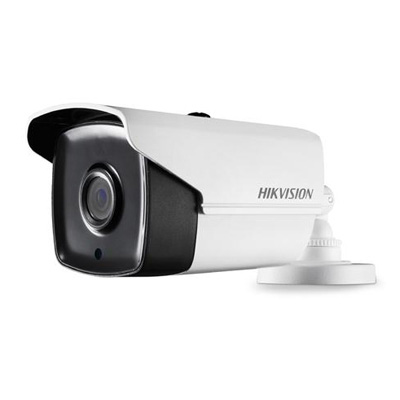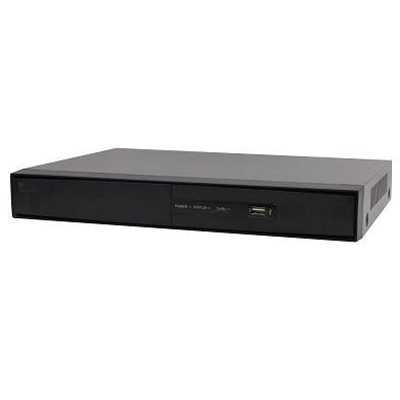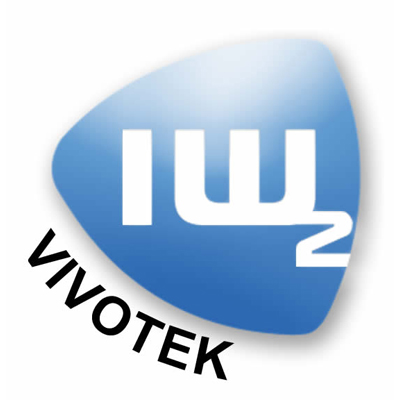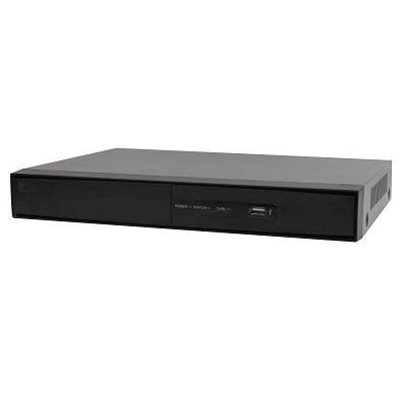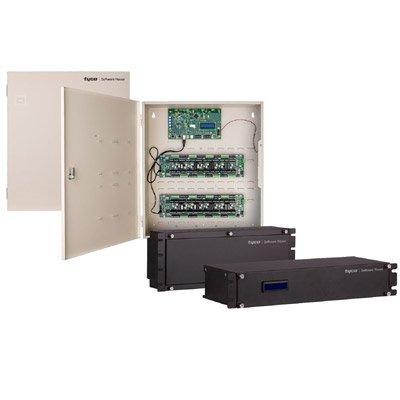NEXT Biometrics Group ASA has announced it has completed testing of its new ASIC, the A2, a custom-built chip that will significantly reduce company production costs, and that the first order for the new NEXT chip has been placed for production ramp up.
NEXT fingerprint sensors
NEXT, a leader in low-cost high-quality flexible and rigid fingerprint sensors, said the new ASIC architecture will be implemented in smart cards, notebooks and access control markets.
NEXT CEO Ritu Favre commented, "With enhanced performance, reduced size and cost reductions, this new ASIC represents a major milestone for NEXT Biometrics. It is designed to serve all our targeted markets and the A2 chip is a cornerstone of our company strategy."
NEXT said the tests of its second-generation ASICs (application-specific integrated circuit), completed this week, confirm that the new A2 Chip will reduce costs by more than $2.50 per module in announcing the first volume order for the NEXT chip was placed for production.










